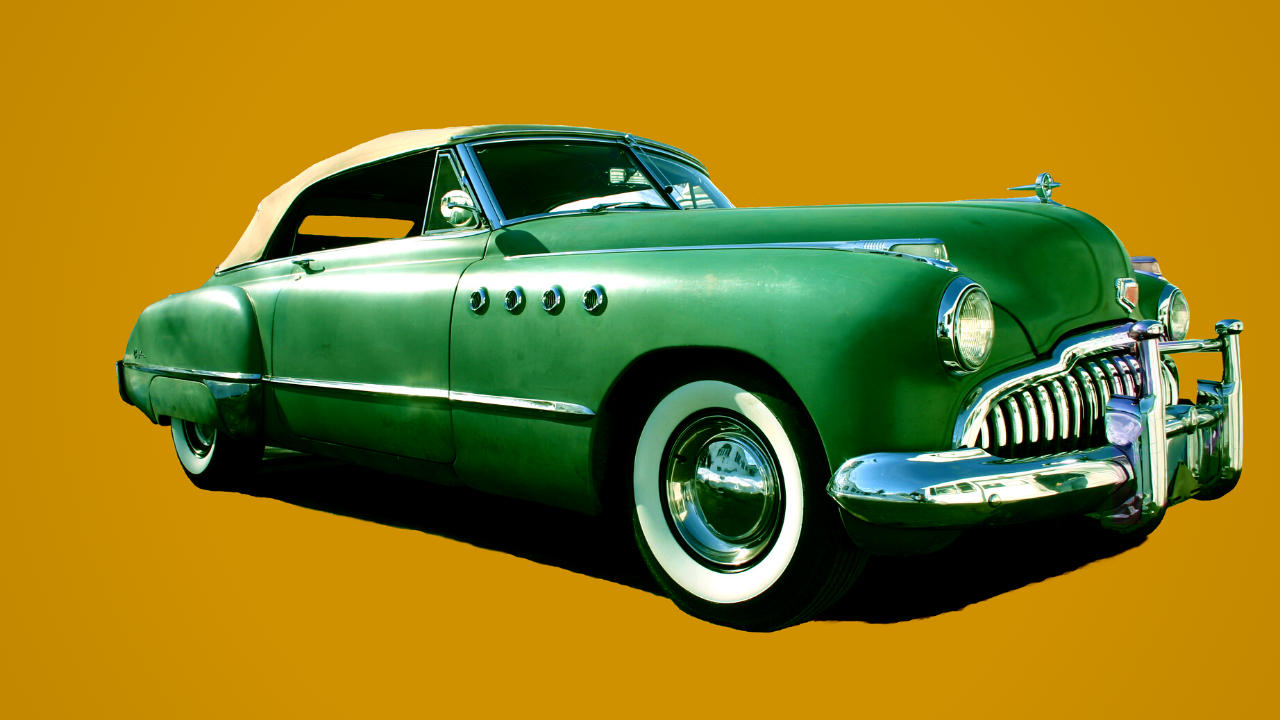|
Read the full story ⬇︎
Insatiable curiosity left him penniless on his deathbed, yet this same curiosity and focused persistence is also what placed his revolutionary invention in over 35,000,000 automobiles worldwide.
David was not a successful businessman. At every turn, his company would consistently run out of money and he’d have to find creative ways to generate more funding. It’s not that David wasn’t a smart guy. No, certainly not. It’s just that his expertise and passion were focused on research and development—much to the chagrin of manufacturing and sales. Despite the financial losses, though, David successfully produced the revolutionary overhead valve engine—an engine with significantly more power than every other engine on the market. This innovation proved so successful that all modern engines today are considered derivatives of David’s invention—a significant accomplishment that eventually led to his induction into the Automotive Hall of Fame. Designing a better product, however, doesn’t mean sales will magically pour in. At the end of the day, his company still had to manufacture and sell the product—something David wasn’t able to accomplish. Unable to make a profit, in 1906—six years after founding his company—David was offered a modest severance package to walk away and allow new leadership to take over. After two decades, David was still unable to produce a profit through his continued business ventures and in 1929, at the age of 74, he died penniless. It may be tempting to say David was a failure due to a lack of business success, yet to do so would be short-sighted, for we would be remiss if we failed to account for the significant contributions his focused efforts produced as the founder of one of the most respected and recognizable automobile companies in the world: the Buick Motor Company. David Buick was a visionary who recognized a need and had the expertise, passion, and focus necessary to fulfill that need—even though it came at a significant sacrifice of his own personal comfort and financial stability. Was Vincent Van Gogh a failure because he wasn’t a financially successful artist? Or is he a success because after his death he became one of the most famous artists of all time? Was David Buick a failure because of his business losses? Or is he a success because over 35,000,000 automobiles carry his revolutionary invention? Are you a failure because you have yet to achieve a narrow notion of success? Or are you a success because of your persistent focus to lean into your expertise and share your passion? As for me, from now on, every time I see a Buick drive by, I will think about David, his insatiable curiosity, and his focused persistence—a reminder that the glitz and glamor of success will always pale in comparison with significance. Reflection Do you tend to be scattered and pulled in conflicting directions? Or do you tend to be focused on a single path that sincerely matters most?
0 Comments
Leave a Reply. |
AuthorJonas Cain, M.Ed. is a storyteller, magician, musician, and facilitator of fascination on a mission to help you experience abiding joy. Topics
All
SubscribeArchives
July 2024
|














 RSS Feed
RSS Feed
